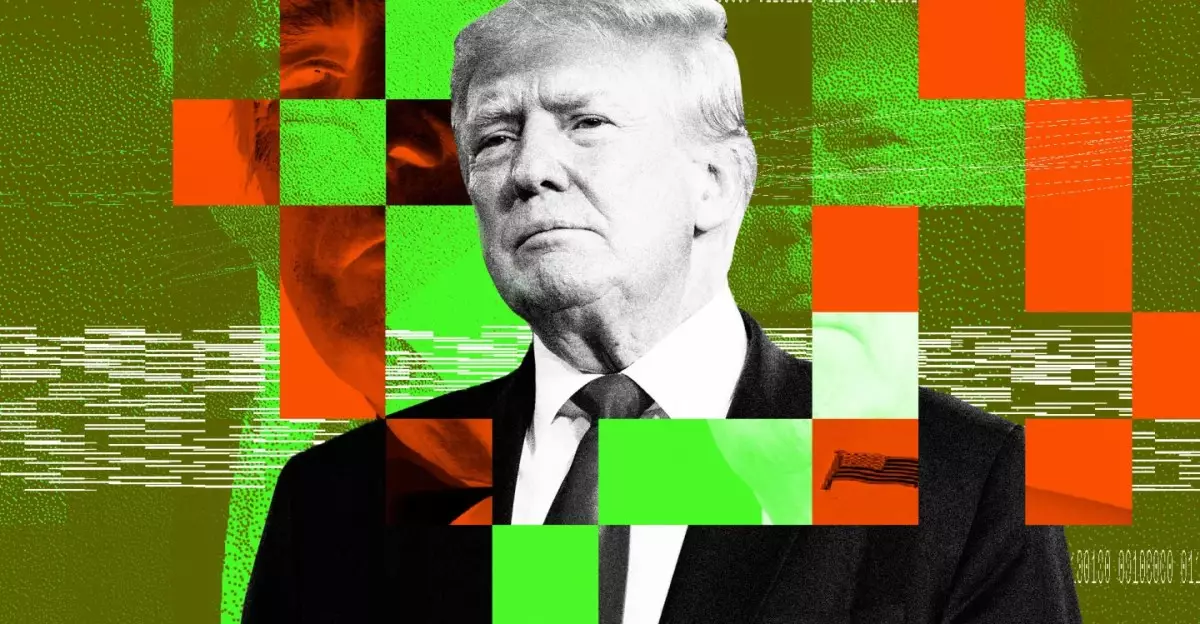In an alarming move, the State Department has effectively halted student visa interviews, casting a shadow over the aspirations of countless international students. This abrupt suspension has left many applicants perplexed and anxious as they await clarity in a convoluted situation. This decision, emblematic of larger immigration policy shifts, especially during the Trump administration, raises questions about whether national security concerns are being prioritized over the educational dreams of promising scholars.
Legal Challenges and the Fight for Fair Process
In a notable legal response, a group of fifteen Iranian students and researchers has taken a bold stand against this suspension by suing government officials, specifically Secretary of State Marco Rubio. Their lawsuit hinges on the assertion that halting visa interviews breaches the Administrative Procedures Act, which mandates that federal rule-making cannot be arbitrary or capricious. This legal challenge highlights an essential tension: taking necessary precautions for national security while ensuring fairness and transparency in visa processes. The students, already accepted to prestigious institutions like Yale and Ohio State, are now caught in a bureaucratic snarl—many having faced interviews over a year ago but now stymied by ongoing security vetting.
Impact on Academic Freedom and Diversity
The consequences of such stringent measures are far-reaching. By targeting specific groups, particularly students from Muslim-majority countries, the administration risks dampening the vibrant diversity that characterizes academic institutions in the United States. This trend is particularly troubling given the mounting evidence suggesting that diverse academic environments cultivate innovation and critical thinking. As noted by attorney Hamdi Masri, the increased scrutiny appears to align with political agendas rather than genuine safety concerns, suggesting a broader narrative of exclusion affecting the academic landscape.
Targeting Specific Groups in the Name of Security
Recent actions taken by the State Department also include restrictions on international students tied to political activism, as seen in the suspension of visas for those involved in pro-Palestinian demonstrations. Coupled with Rubio’s vow to crack down on Chinese students linked to the Communist Party, it paints a portrait of a heightened immigration climate where one’s political affiliations or national origin increasingly influence their eligibility for education in the U.S. This atmosphere not only fosters fear among students from certain countries but also represents a chilling stance on academic freedom, where discussion and debate become stifled by the threat of visa revocation.
A Misguided Approach to Immigration Policy
The overarching narrative of the State Department’s current visa policies indicates a broader distrust of international students, which could ultimately hinder the United States’ reputation as a global leader in education. This approach, characterized by its punitive measures, stands in stark contrast to the values of openness and inclusion that many believe should define American society. By prioritizing security protocols over the personal growth and academic pursuits of international students, the government risks alienating a generation of innovators and thinkers who might otherwise contribute positively to the nation’s intellectual and cultural fabric.
The plight of prospective students now serves as a sobering reminder of the delicate balance between security and opportunity, raising an essential question: how can we uphold safety without compromising the educational ideals that our institutions strive to embody?


Leave a Reply